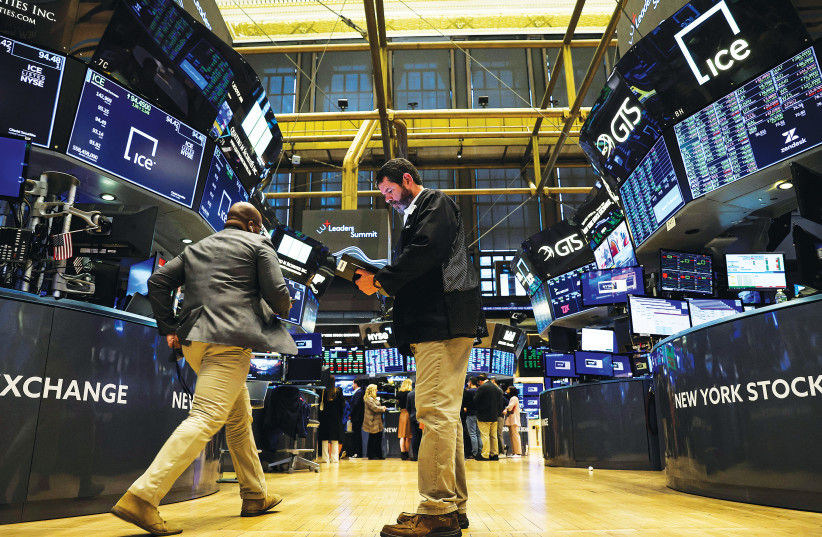Each life is made up of mistakes and learning, waiting and growing, practicing patience and being persistent. – Billy Graham
So I get a fair amount of emails in response to my columns. Earlier this week I received an email from a long-time reader that corroborated what I wrote about regarding the need for drawing up a will.
He wrote, “My grandmother died in 1933. They put her jewelry (not the Crown Jewels) in a safe deposit box in a bank until the five sisters-in-law could agree on a division among them. The jewels remained in the safe deposit box (with annual rental paid) until the 1980’s when my mother managed to convince all the old ladies that it was time to divide the jewels and close the safe deposit box. The rental for the box for over 50+ years was more than the value of the jewels.”
I thought this was so appropriate that I needed to share the story.
Remember the story of the Boy Who Cried Wolf? There once was a shepherd boy who was bored as he sat on the hillside watching the village sheep. To amuse himself, he took a great breath and sang out, “Wolf! Wolf! The Wolf is chasing the sheep!”

The villagers came running up the hill to help the boy drive the wolf away. But when they arrived at the top of the hill, they found no wolf. The boy laughed at the sight of their angry faces.
“Don’t cry ‘wolf’, shepherd boy,” said the villagers, “when there’s no wolf!” They went grumbling back down the hill. This story repeated itself a few more times and then finally there was a wolf, but the villagers no longer believed the boy and didn’t come to help him. The story ends: “‘There really was a wolf here! The flock has scattered!’ I cried out, ‘Wolf!’ Why didn’t you come?”
An old man tried to comfort the boy as they walked back to the village.
“We’ll help you look for the lost sheep in the morning,” he said, putting his arm around the youth, “Nobody believes a liar... even when he is telling the truth!”
Much like the Boy Who Cried Wolf, analysts for years have sung the praises of the economic maturity of emerging markets (EM) and the great investment opportunity that they hold. While the economic case is true, as an investment they have been a big dud. Lousy returns – and when compared to US markets, horrendous performance. Yet once again analysts are beating the drum and talking up the investment case of EM.
“Emerging markets valuations, on both a price-to-earnings (P/E) and price-to-book (P/B) basis, are cheap in absolute terms and relative to developed markets equities,” According to Lazard Asset Management. “Emerging markets have been trading at a 35% discount to developed markets on P/E terms and at a 44% discount on P/B terms, among the cheapest discounts in nearly two decades.”
Middle-class
While once investors use to think of emerging economies as those loaded with natural resources, like Brazil, things have change drastically. This is a lot like Israel, where aside from the recent natural gas finds, the economy has very little in the way of natural resources. Rather, economic growth locally is being driven by innovation, technology and a growing middle class that has become a big consumer base willing to spend money on all kinds of material goods.
The story has become similar through out the emerging world. A few years ago, the World Intellectual Property Organization reported that 46.5% of all global patents were registered in emerging markets. And all indications show that number to now be well over 50%, with a surge in Asia. In 2005, just 20% were registered there.
Relatively cheap?
The question then becomes whether this economic renaissance translates into an interesting investment opportunity. What we have seen over the last few months is that after a decade of significant stock market underperformance vis-à-vis the developed world (DM), emerging markets have started to outperform.
Why? The re-opening of China after Covid, relatively strong growth, decelerating inflation, a weaker US dollar and improving fundamentals. This has been the recipe in the past for positive EM performance (obviously past performance is no indication of future returns).
Keep in mind that historically, a weak US dollar also helps these economies and they can access capital for much lower rates. Many pundits are predicting that the US dollar strength peaked a few months ago.
Maybe, just maybe, after a decade of underperformance, now is the time for EM to shine.
Risks
According to Lazard, “Almost certainly, a recession would lead to another bout of weakness for emerging markets, the extent of which would largely depend on the length and severity of the downturn.” This is not a recommendation but rather what I would refer to as investment idea generation. Investors need to do their own homework and analysis before investing in emerging markets. Make sure that this type of investment fits both your investment and risk profile and will help you achieve your goals.
The information contained in this article reflects the opinion of the author and not necessarily the opinion of Portfolio Resources Group, Inc. or its affiliates.
Aaron Katsman is author of the book Retirement GPS: How to Navigate Your Way to A Secure Financial Future with Global Investing (McGraw-Hill), and is a licensed financial professional both in the United States and Israel, and helps people who open investment accounts in the United States. Securities are offered through Portfolio Resources Group, Inc. (www.prginc.net). Member FINRA, SIPC, MSRB, FSI. For more information, call (02) 624-0995 visit www.aaronkatsman.com or email aaron@lighthousecapital.co.il
